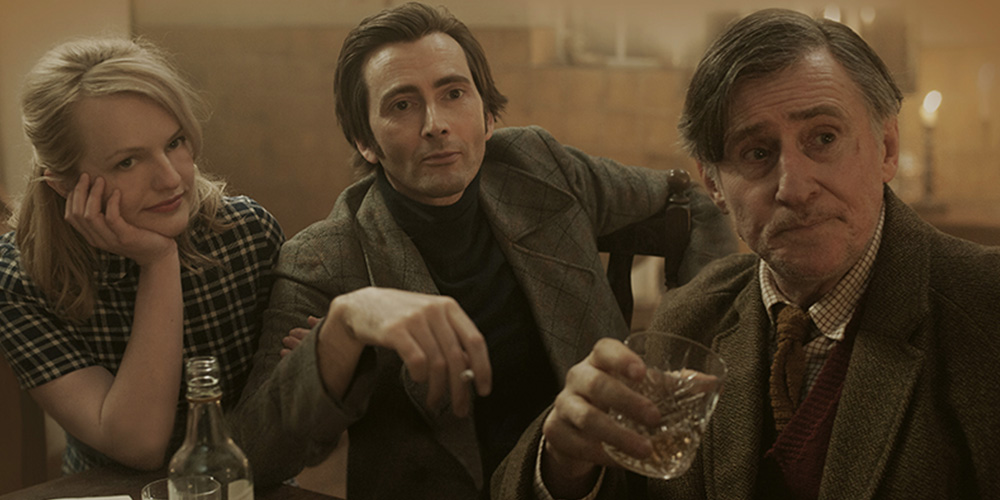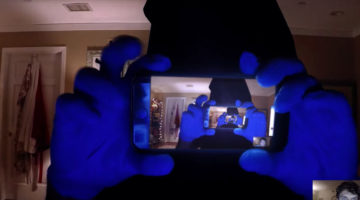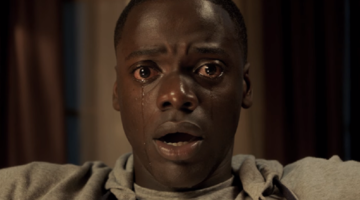Rendezvous with Madness 2017 Review: Mad to be Normal
The R.D. Laing biopic is painfully clichéd
Psychiatrist R.D. Laing is best known for his controversial approach to mental illness: eschewing the more oppressive (and violent) methods of heavily drugging patients or submitting them to electroconvulsive therapy, Laing would come to work at Kingsely Hall, where patients and doctors could live together as equals. Focusing on this period of his career, Mad to be Normal stars David Tennant as Laing, exploring his unconventional approach to mental health-care.
Unfortunately, Mad is too focused on period piece biopic conventions, forming a portrait of Laing which is not overly interesting. Using shorthand for coolness (he smokes weed and listens to rock music), Laing is a caricature of a rebel. Predictably, the psychiatrist who heals the sick cannot heal himself, as he struggles with family, relationships, and alcohol abuse. But it is hard to buy the story, to have sympathy for our ahead-of-his-time hero. His unorthodox methods come off as purely skeezy even when depicted as successful (in one scene, he manages to subdue a normally hostile patient, a young woman, by taking off his pants as she disrobes, and giving her massages — something hard to see as a positive given today’s headlines). Elisabeth Moss, who co-stars as Angie, is totally wasted. The Emmy and Golden Globe winning actress plays a woman who spends literally all her screen time in bed, discussing love or babies, and performing domestic labour.
Creepy relations to female (non)characters does not lend itself to an engaging narrative, nor does it help create a well-rounded protagonist to drive a film. Laing never merits his status as a troubled, yet advanced, figure we should care about in his own underdevelopment and regressive relations to women. In addition is the treatment of mental illness itself. While discussing how psychotic patients should be respected and understood, the film exploits the mentally ill as a parade of insanity to make the sane doctor appear more edgy by association. They are as a part of his counterculture persona as his drug use. Laing states he wishes to respect his patients, but the film itself is comfortable with stereotypes of mental illness.
In paisley kurtas and velvet jackets, it is hard to separate Tennant as an idiosyncratic doctor from his past on Doctor Who — and this is not necessarily a good thing. Doctor Who, the fun and innovative science fiction television program, has little to do with the too-serious Mad. Humourless and clichéd, the film provides little insight into Laing’s life.




